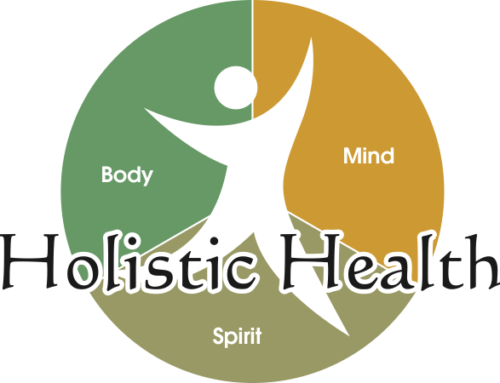It wasn’t until 2002 that the American College of Obstetricians and Gynecologists (ACOG) recommended less restrictions for exercise during pregnancy. Furthermore, a recent survey “found that more than 60% of physicians were unfamiliar with the current ACOG guidelines”.
There are both maternal and fetal benefits to exercise;” reducing glucose levels, decrease risk of Cesarean section or instrumental vaginal deliveries, and maternal weight gain”. The list of benefits continues:
- Reduce back pain
- Prevent and/or treat gestational diabetes
- Improve energy and mood
- Improve posture
- Improve quality of sleep
A recent clinical review reaffirmed ACOG guidelines:
- 30min or more of moderate exercise on most days of the week for normal pregnancies
- Avoid exercise in the supine position after the 1st trimester
- Avoid prolonged standing exercise due to decreases in cardiac output
- Stop exercise with any dizziness, bleeding, calf or chest pain, or decreased fetal movement
- Be sure to increase water intake to remain hydrated
If you were physically active before your pregnancy you should be encouraged to maintain your level of activity. The exercise program should maintain a good balance of muscle strengthening, aerobic exercise, and endurance exercise. Remember to consult your OBGYN before you start a new exercise program if you are currently pregnant.






